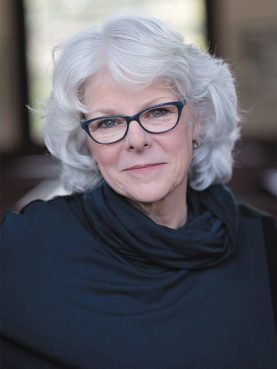There has recently been uproar during the Southern Baptist Convention (SBC) over a problem that has been prevalent but ignored for years. The problem is one of same sex abuse within the ministers and other members of the congregation and the lack of focus on helping the victims of this abuse. The opinion piece written by Russel L. Meek highlights this abuse (with a focus on same sex couples though the protests have been for both same sex and heteronormative people being abused) and the attention that it has been getting recently within the protests from some people within the Southern Baptist denomination. The addressing of this problem and the inability to get past some of the ideals that the Southern Baptists hold about what it means to be gay to be able to help those who are being abused calls back to the argument within the liberal and conservative evangelists and Mel White. However, this call back does not look the same in all ways. The argument for the Southern Baptists convention is not one that is trying to accept being homosexual as not a sin but just a way of being. The argument is firmly rooted within the church and its belief that homosexuality is a sin, however it addresses how the victims of sexual abuse are getting ignored because of their sexuality. This focus on addressing the problem despite the fact that homosexuality is a sin might be considered for some who hold more liberal ideas a step in the right direction. The fact of the matter is that the Southern Baptist convention is having some more outspoken ideas about how people are all worthy of respect and “humans made in God’s image, as worthy of dignity and respect as such” (Meek). The ignorance towards people who are experiencing sexual abuse because of their sexuality is something that is quickly growing to be a sore spot within the church itself. This may be the beginning of a growing acceptance culture among the Southern Baptist Convention, or it may not, but this protest holds more promise of understanding and respect shown to people outside of the church itself.
Author: Olivia Hamilton
New Communities in a Post-Church Christianity
Barbara Brown Taylor is an ordained episcopal priest, has written 14 books, and has been recognized by Time as one of the most influential people in 2014. Her focus on the development of Christianity within the technological age as well as the importance of learning other perspectives and traditions of other religions.
Barbara Brown Taylor discusses in her interview with Religious News Service the importance of community within the new technological era that has arisen in the 21st century. She responds to questions about how deconstruction of religion has begun in our new technological era to form new communities that sometimes take from many different traditions of religion while still trying to form their own communities both online and in person. Taylor responds to the deconstruction with both support of people finding their own communities and forming their own religious identities as well as an understanding that this is not always easy for people to do. She pushes people, especially members of Christianity to learn about other faiths and other religious traditions to help further ground their own understanding of their religion. She addresses how many Christians in the new age are surviving outside of the traditional church environment as well as the new ways that they are discovering communities and ways to interact with other Christians such as online or through other mediums such as podcasts.
The idea of community can be found relating back to one of the four essential parts that help to identify and define religion from Catherine Albanese. These include community, ritual, moral codes, and a defining creed. The focus for Barbara Brown Taylor is on how communities are being formed in entirely new ways and how many new Christians are responding to the older more traditional ways of worshiping and developing their own ways to find community. As Taylor defines religion she tries to be inclusive of the new technological communities that have formed while still pushing people to be involved with other people one on one to form community within their religion and their lives.
Stone, Roxanne. “Barbara Brown Taylor: Reformation Is a ‘Delicious’ Wilderness but Lonely.” Religion News Service, 18 Oct. 2019, https://religionnews.com/2019/10/18/barbara-brown-taylor-reformation-is-a-delicious-wilderness-but-lonely/.

Barbara Brown Taylor (Picture Courtesy of Religious News Network)